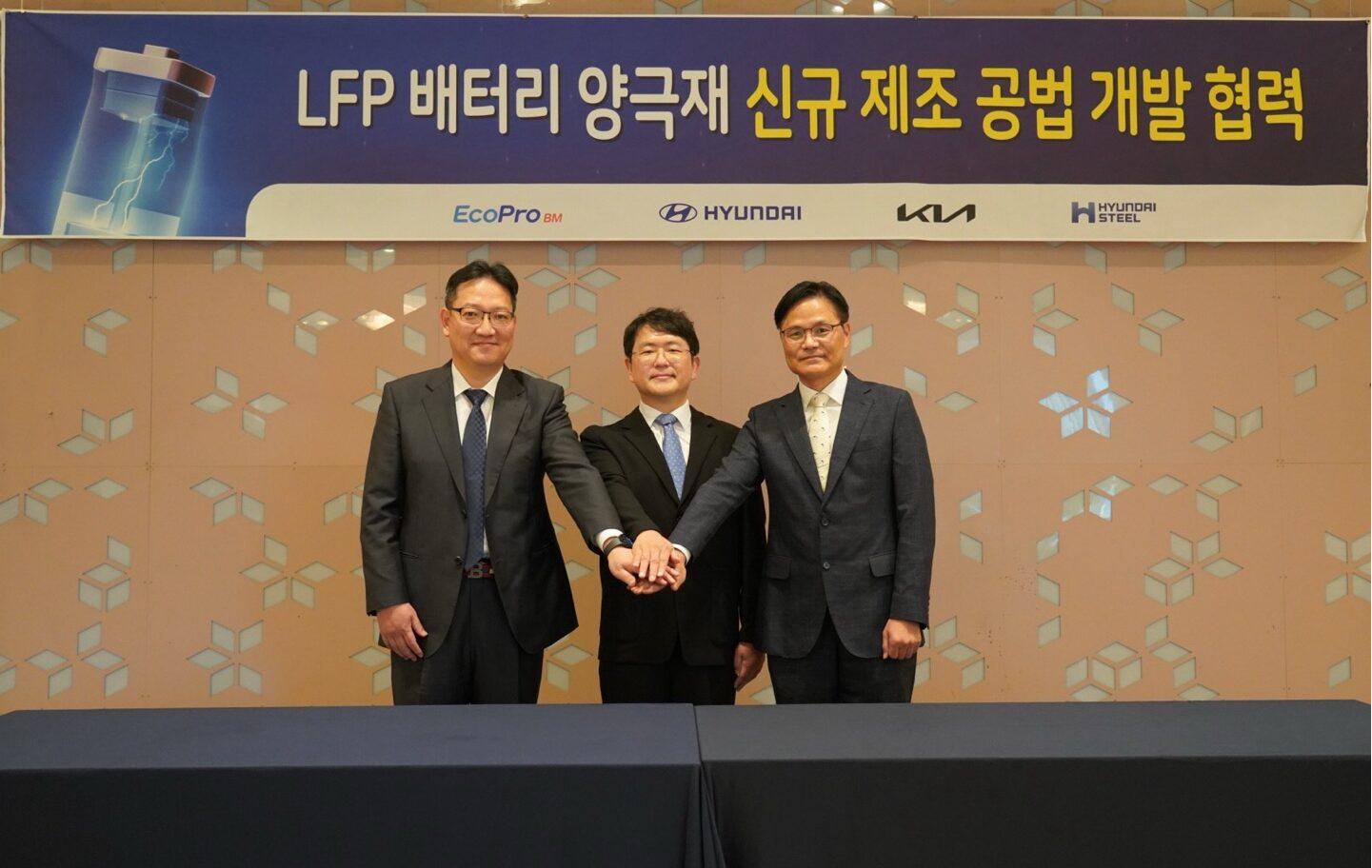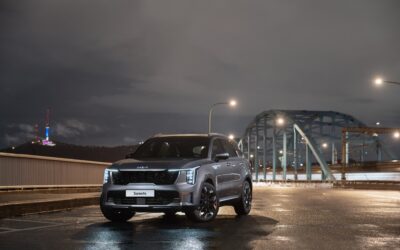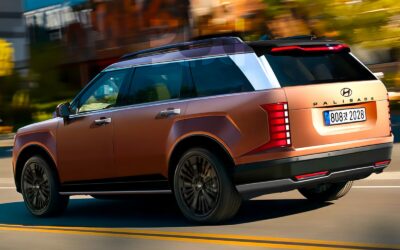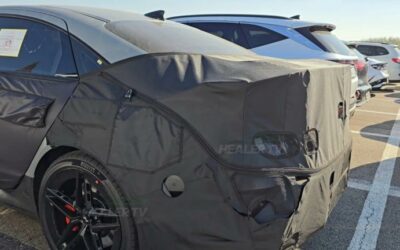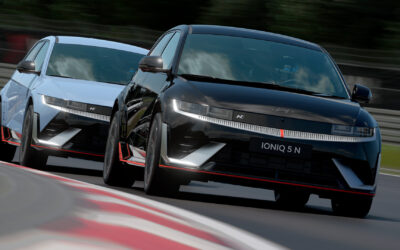Hyundai Motor has set an ambitious goal to develop the industry’s largest lithium iron phosphate (LFP) battery, targeting a capacity of 300 watt-hour per kilogram (Wh/kg) by 2025. This move positions Hyundai to exceed the capacity of current Chinese-made Lithium Iron Phosphate batteries by more than 15%, solidifying its commitment to advancing electric vehicle (EV) technology and overcoming market challenges.
Hyundai’s Ambitious LFP Battery Development Plan
According to industry sources on the 13th, Hyundai Motor is collaborating with domestic battery partners to develop ultra-high-capacity LFP batteries for electric vehicles. Currently, Chinese manufacturers supply Lithium Iron Phosphate batteries with capacities in the mid to high 200Wh/kg range. Hyundai aims to leapfrog this by achieving 300Wh/kg, increasing capacity by approximately 15%.
Revised Timeline for Battery Development
Originally, Hyundai planned to complete the development of Lithium Iron Phosphate batteries between 2023 and 2024. However, the company has revised its goal, now aiming to finalize the development of 300Wh/kg LFP batteries by 2025. Hyundai Motor is directly involved in the battery design, while its partners handle the development process.
Application in Entry-Level Electric Vehicles
The newly developed Lithium Iron Phosphate batteries are expected to be installed in mid to low-cost small electric vehicles, similar to entry-level nickel-cobalt-manganese (NCM) batteries. This strategy aims to enhance the technology of entry-level EVs and address the “electric vehicle chasm,” a temporary slowdown in demand within the EV market.
Dominance of Chinese LFP Batteries
Currently, Chinese companies such as CATL and BYD dominate about 90% of the LFP battery market. LFP batteries offer advantages like lower cost and higher stability compared to high-performance NCM batteries, resulting in a reduced risk of fire. Hyundai’s initiative seeks to challenge this dominance by developing superior LFP batteries domestically.
Tripartite Cooperation for LFP Battery Material Localization
Hyundai Motor has initiated the ‘LFP Battery Cathode Active Material Direct Synthesis and Battery Technology Development’ project in collaboration with Hyundai Steel and EcoPro BM. In this partnership:
• Hyundai Steel will develop fine iron powder processing technology using recycled iron, a primary material for LFP batteries.
• EcoPro BM will utilize this iron powder to develop Lithium Iron Phosphate cathode materials.
• Hyundai Motor will integrate these materials into its battery production.
The goal of this tripartite cooperation is to localize the production of LFP battery materials and reduce reliance on foreign sources.
Hyundai Way: Strengthening Battery Development Capabilities
In August, during the CEO Investor Day 2024, Hyundai Motor unveiled its mid-to-long-term strategy dubbed ‘Hyundai Way’. The company plans to increase the capacity of in-house LFPs, NCM batteries, and next-generation solid-state batteries by more than 20% by 2030. This strategy underscores Hyundai’s commitment to enhancing its battery development capabilities and securing a leading position in the EV market.
Conclusion
Hyundai Motor’s aggressive push towards developing ultra-high-capacity LFP batteries demonstrates its dedication to innovation and competitiveness in the electric vehicle industry. By collaborating with domestic partners and focusing on material localization, Hyundai aims to break the dominance of Chinese manufacturers in the LFP battery market and provide advanced battery solutions for entry-level electric vehicles.

